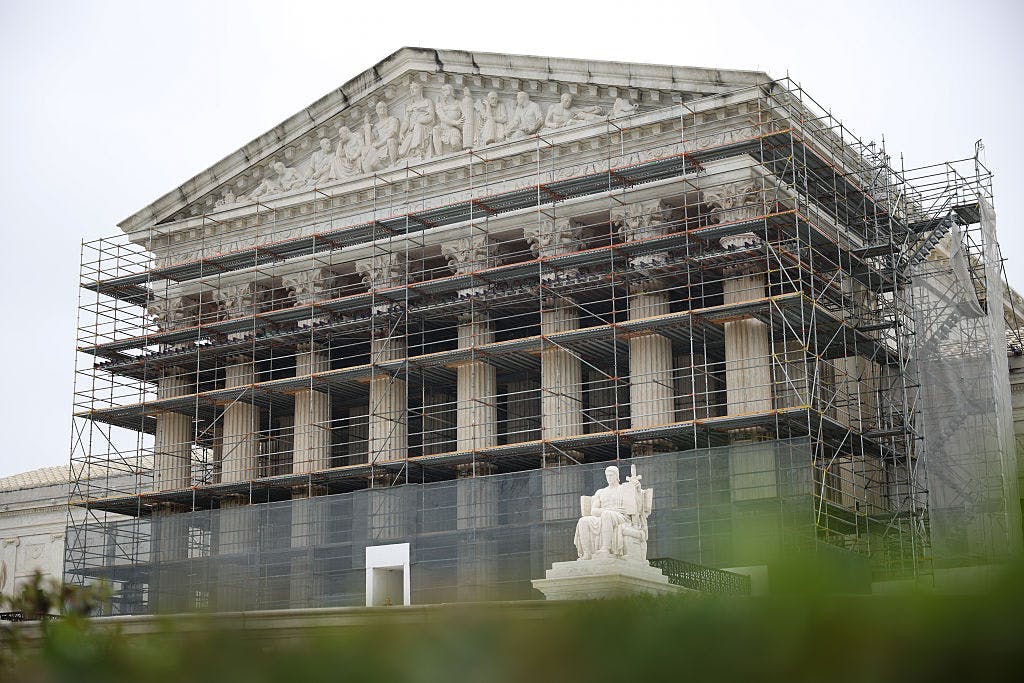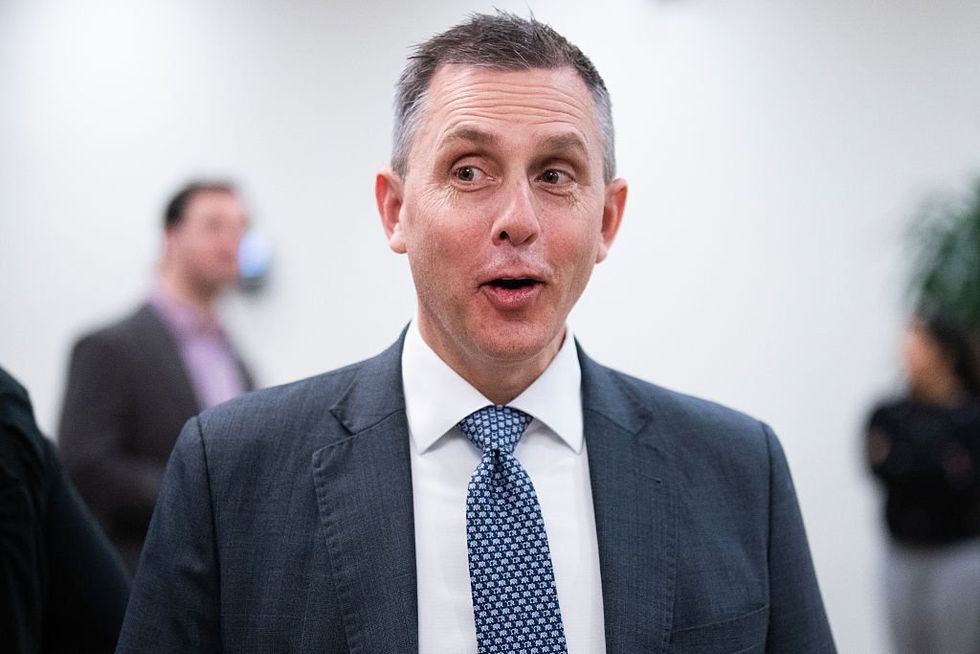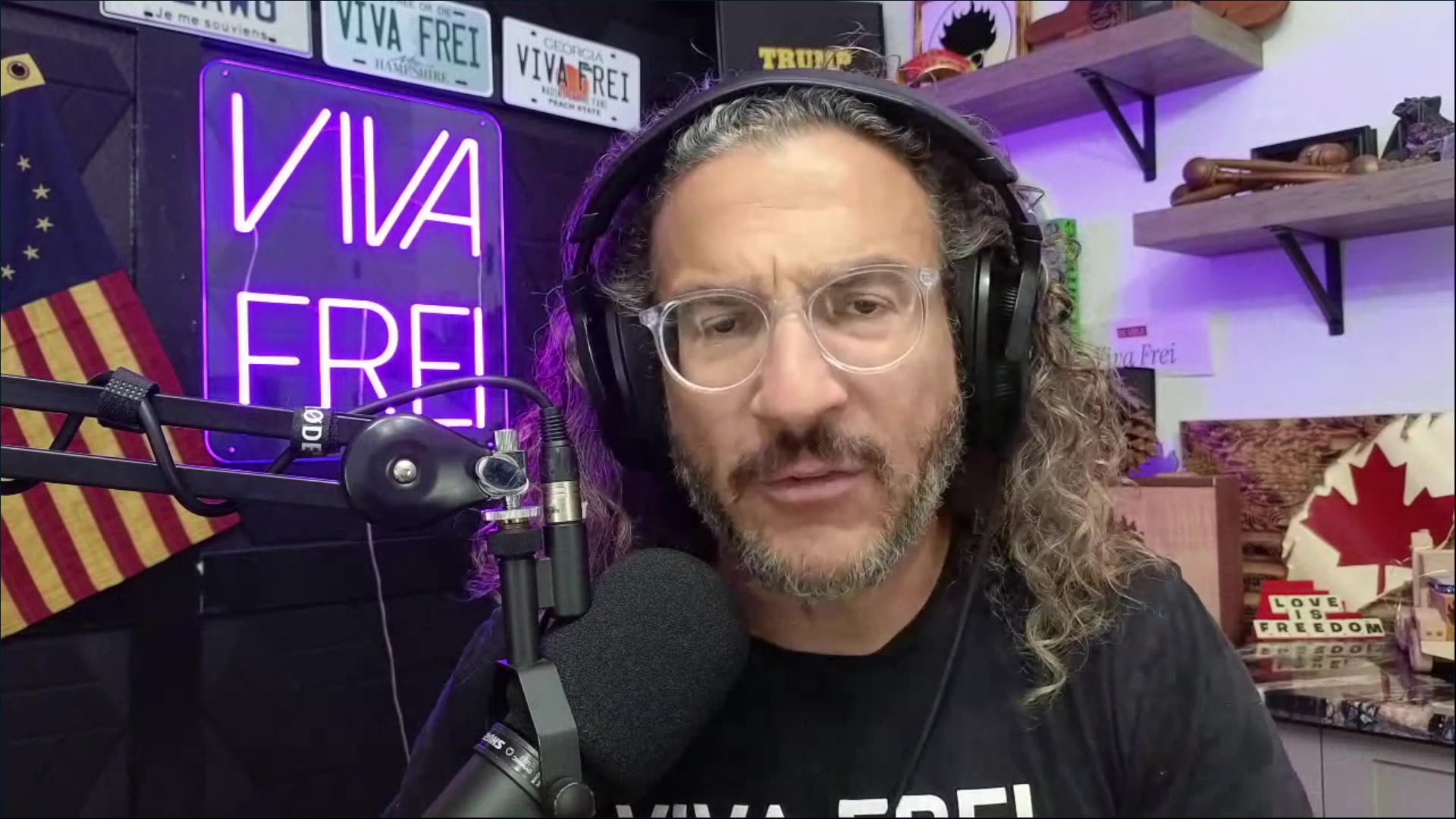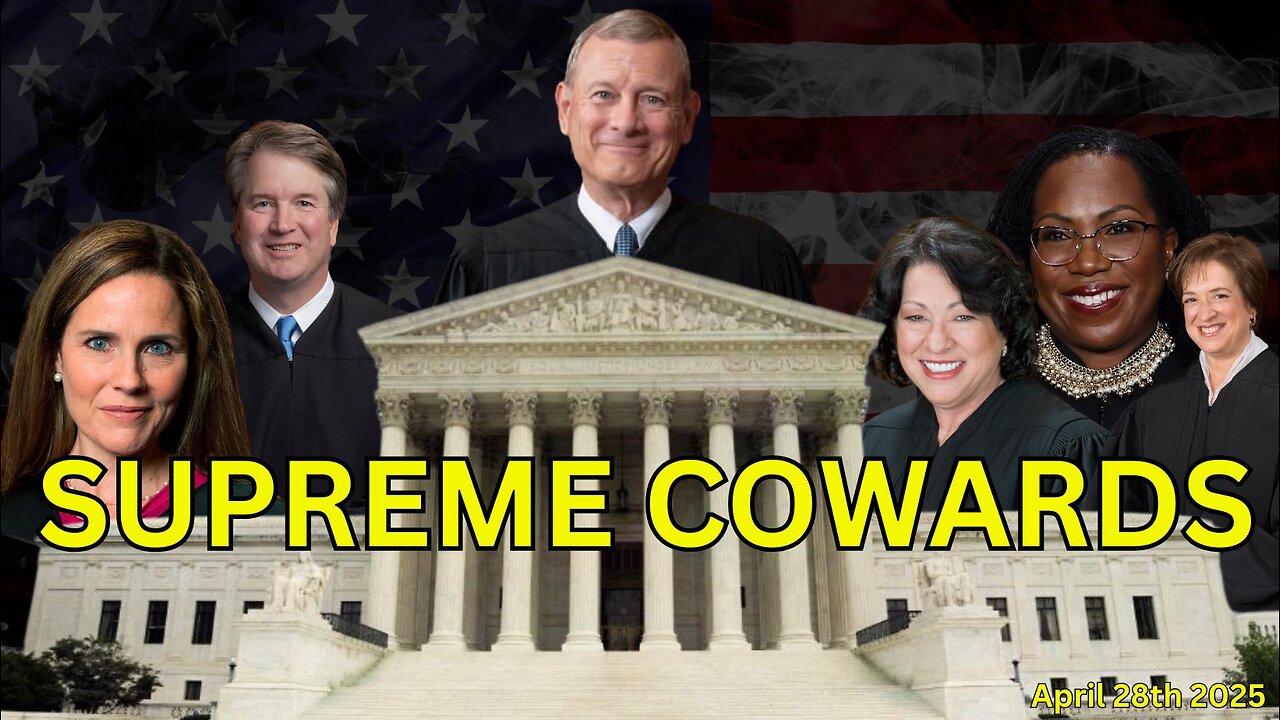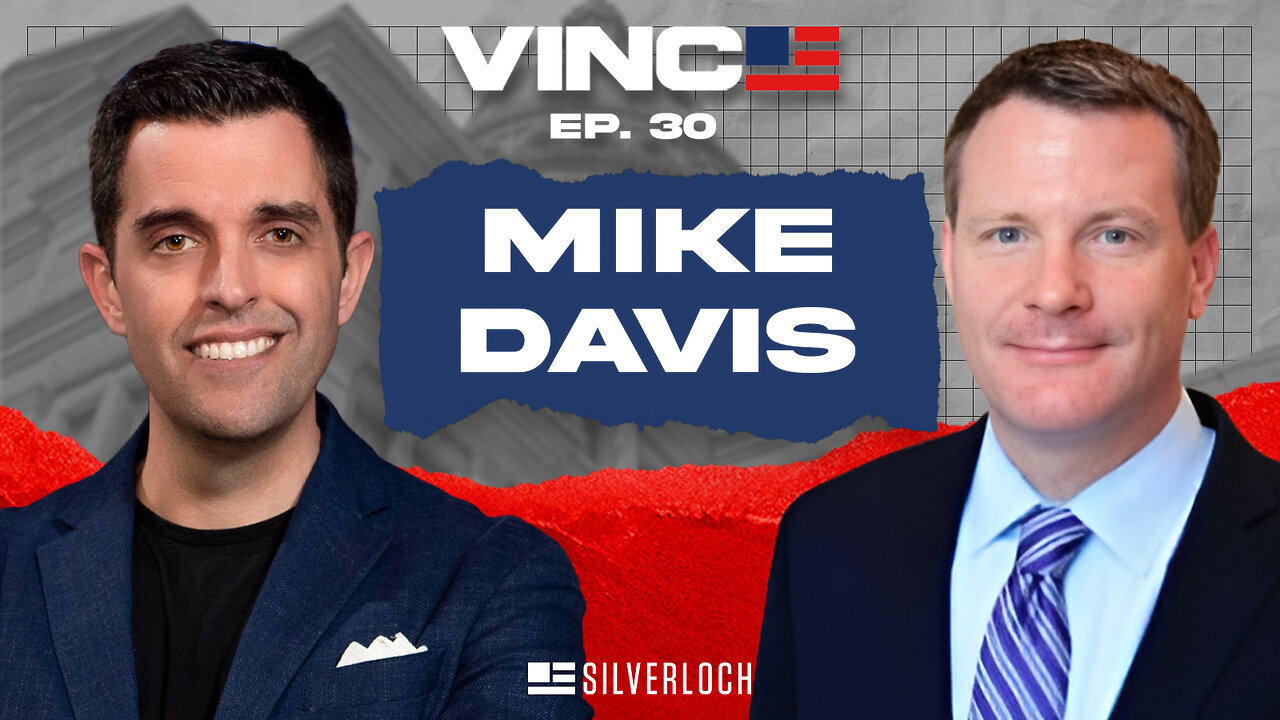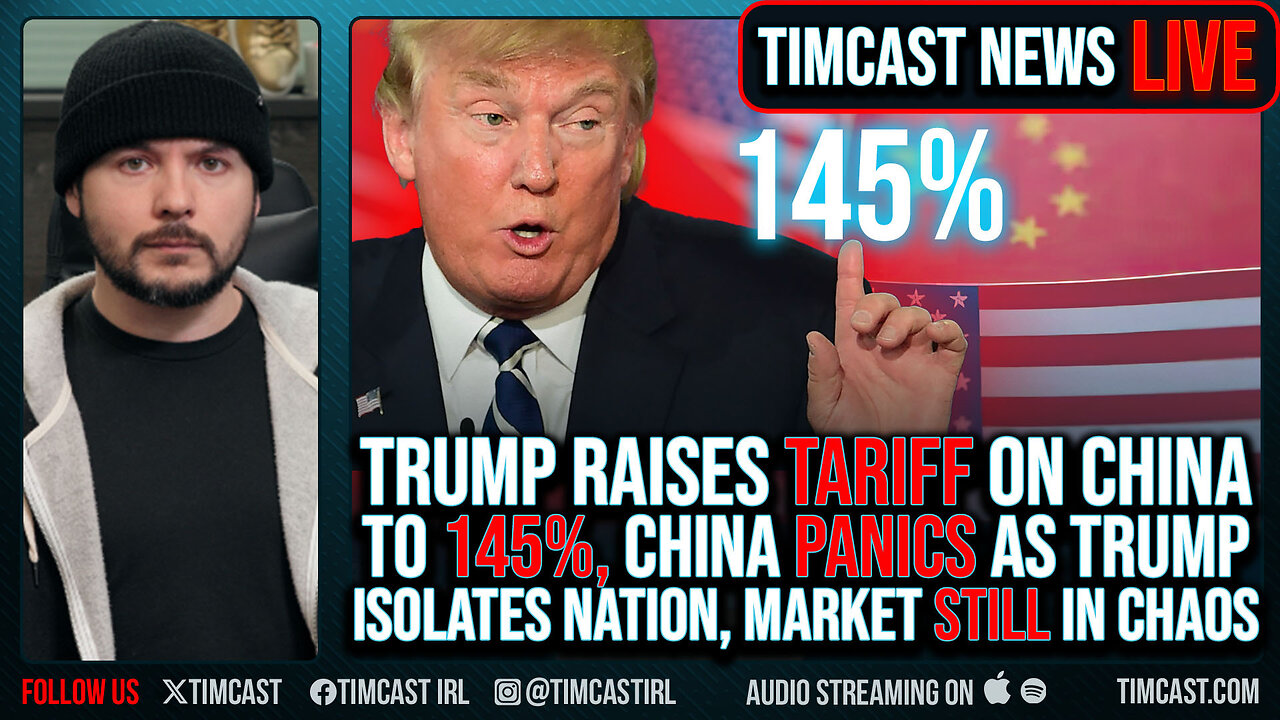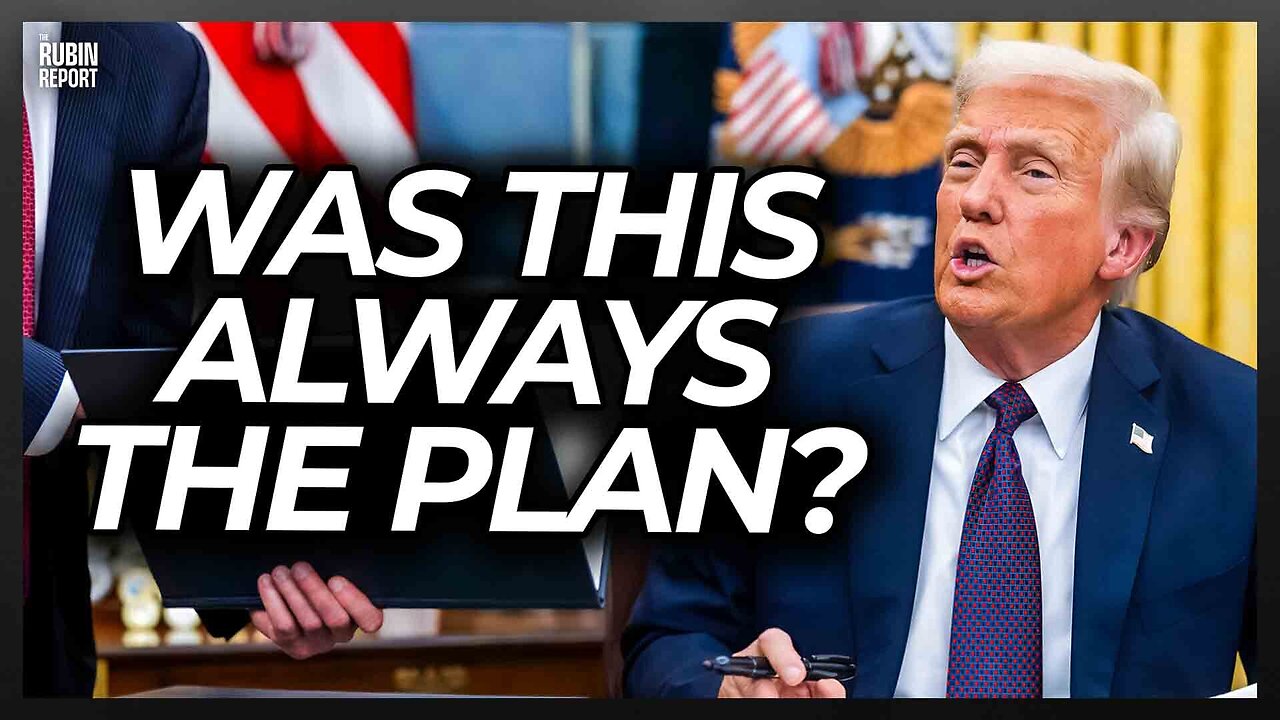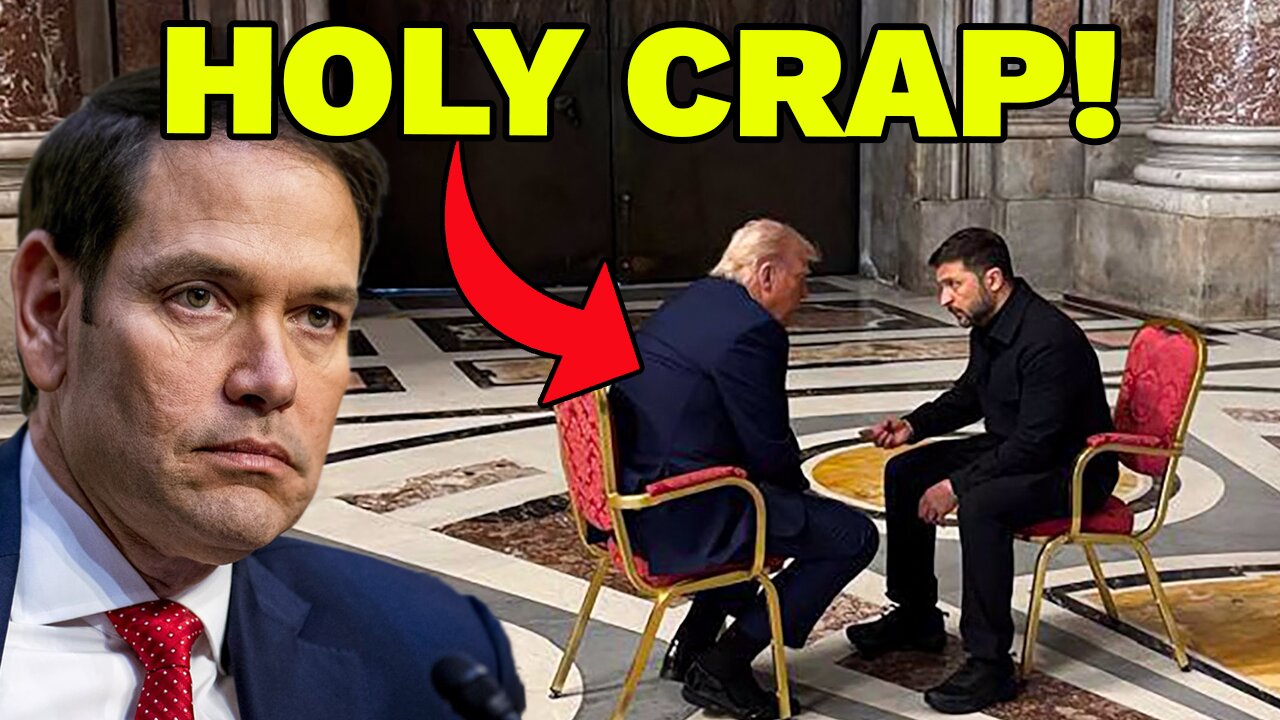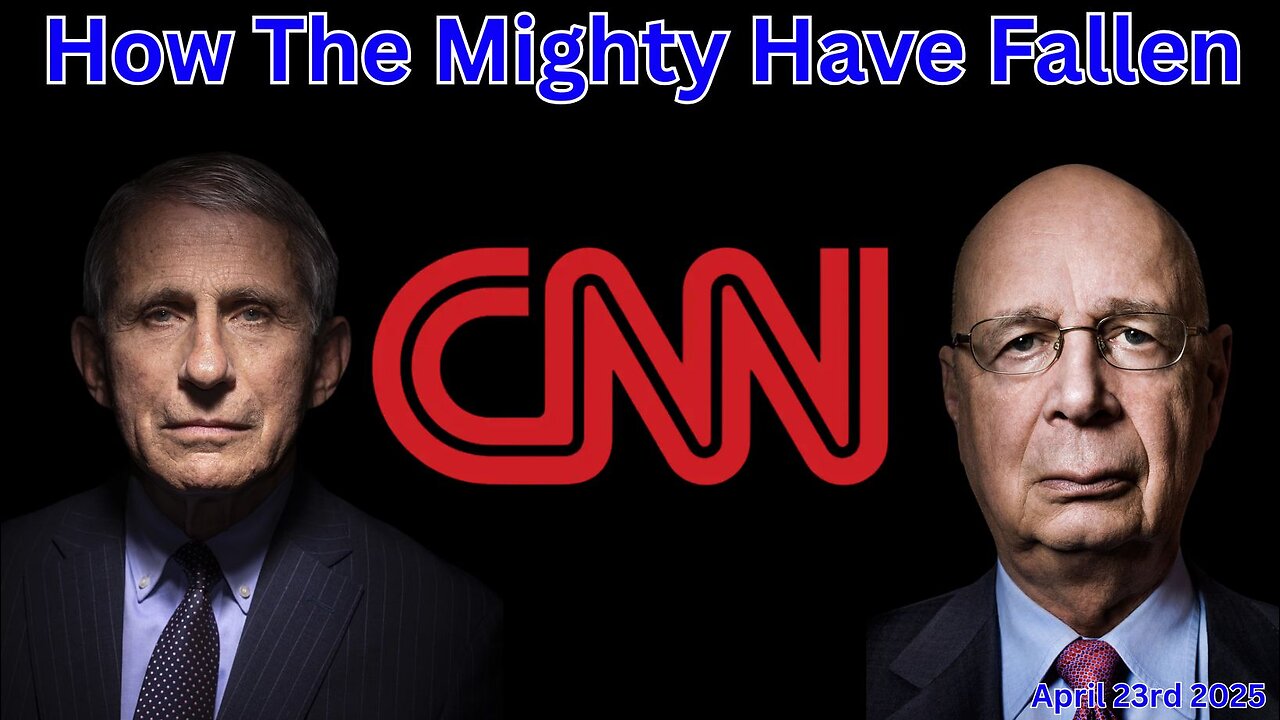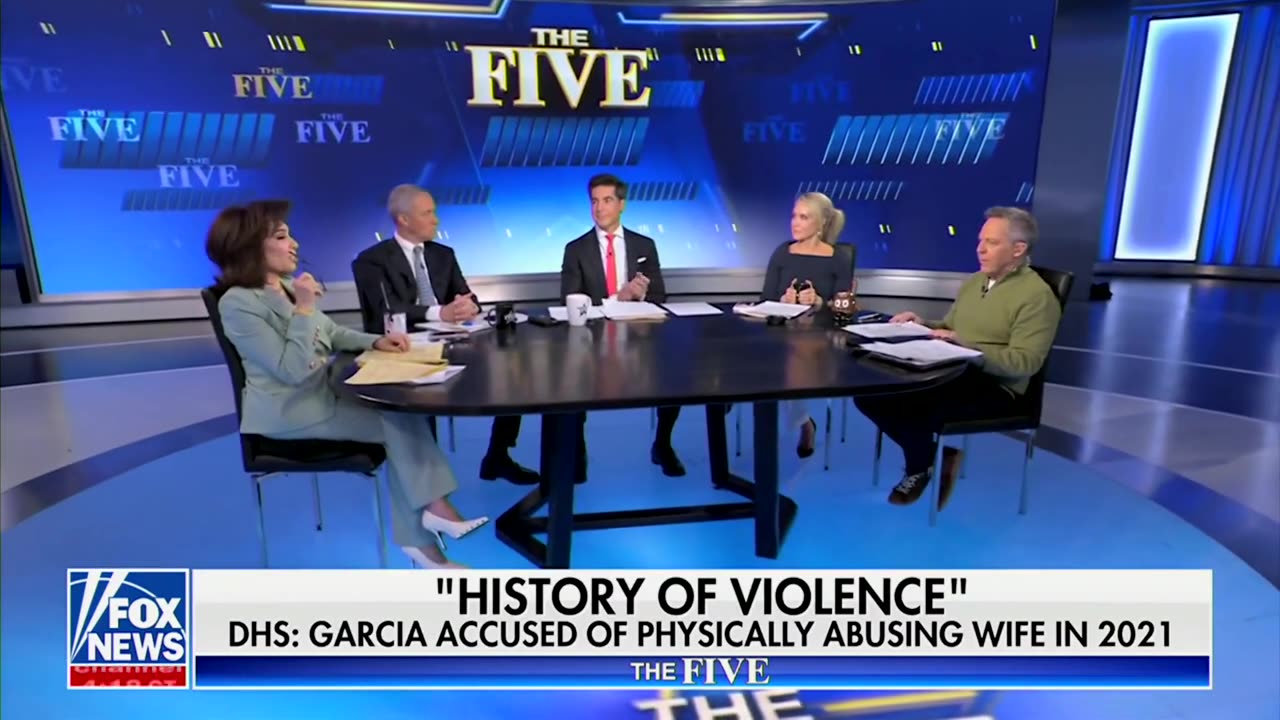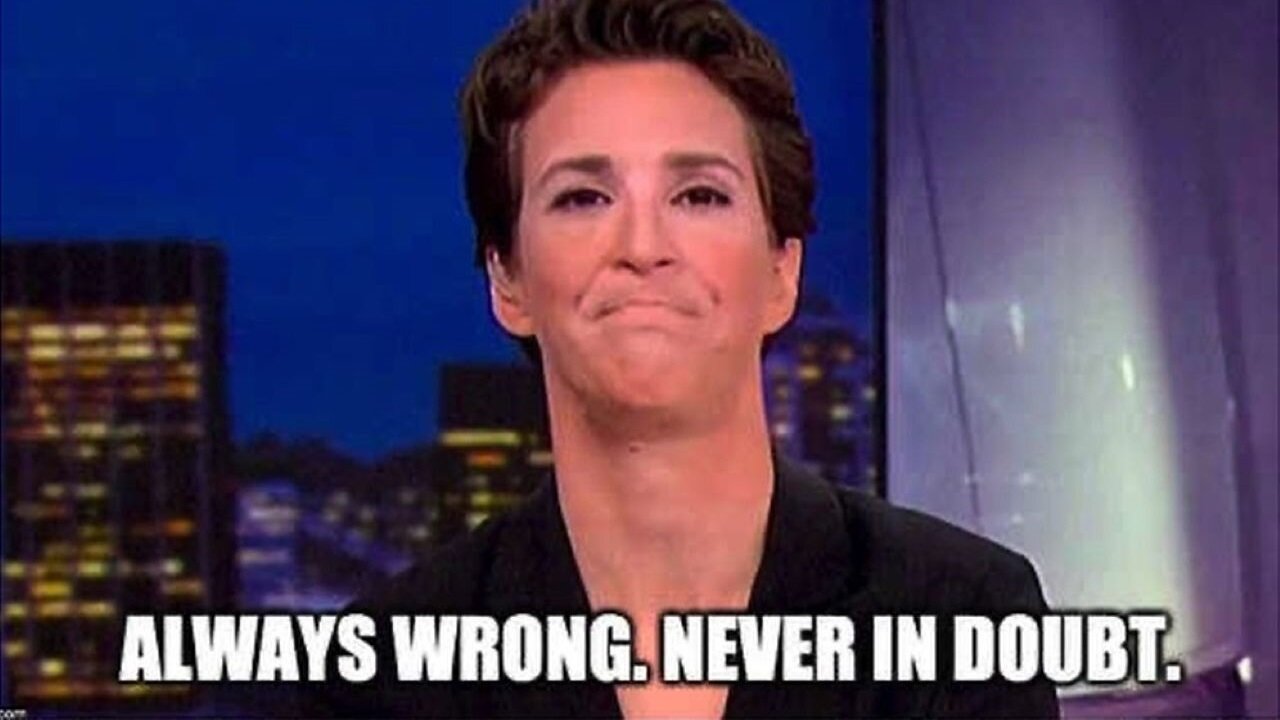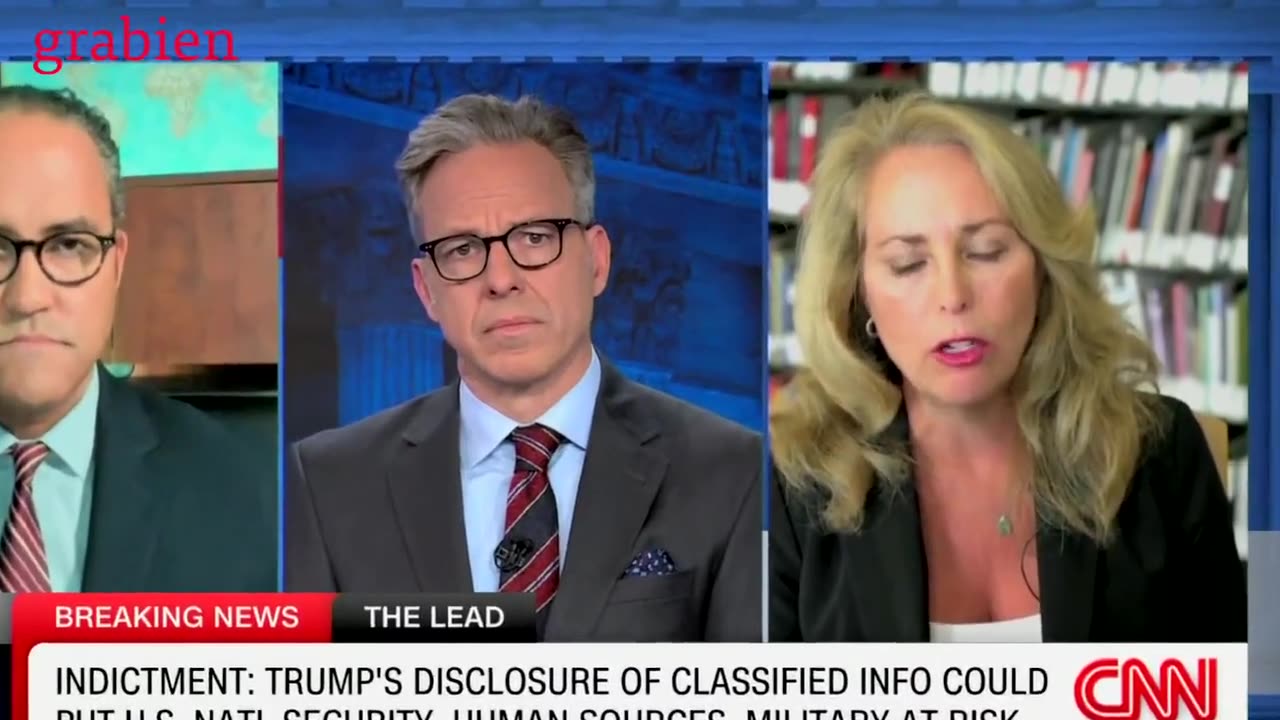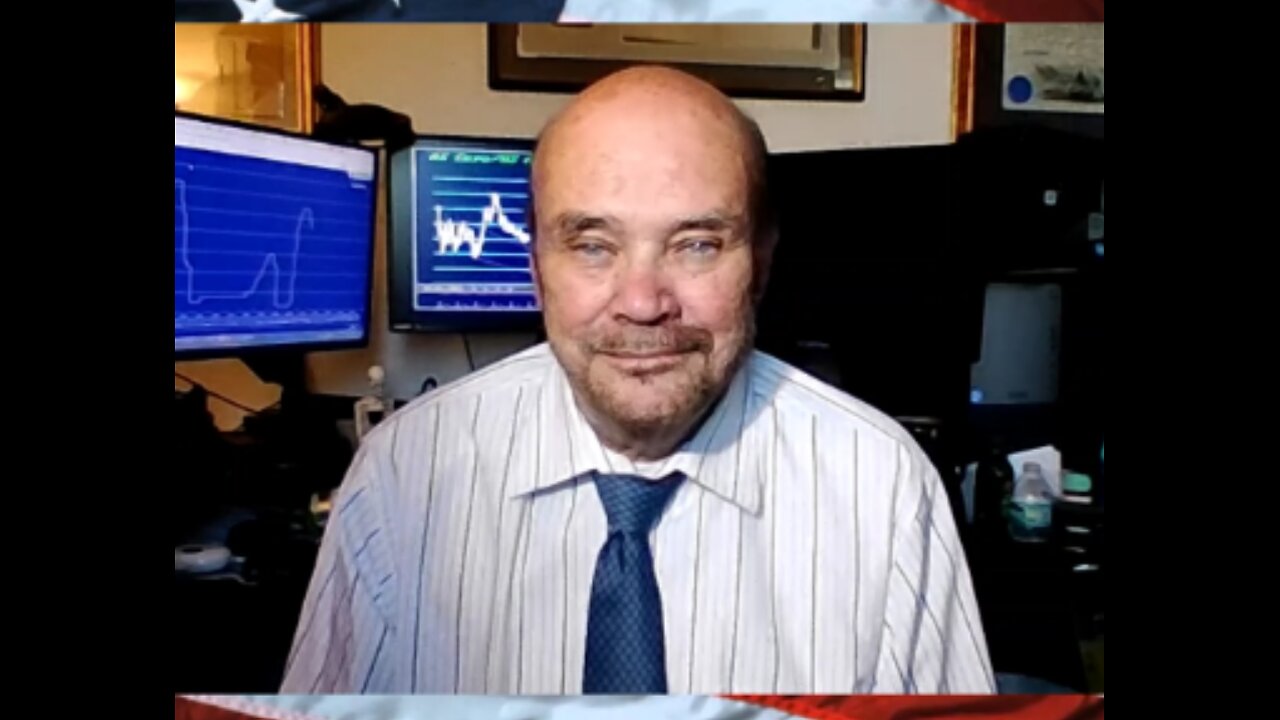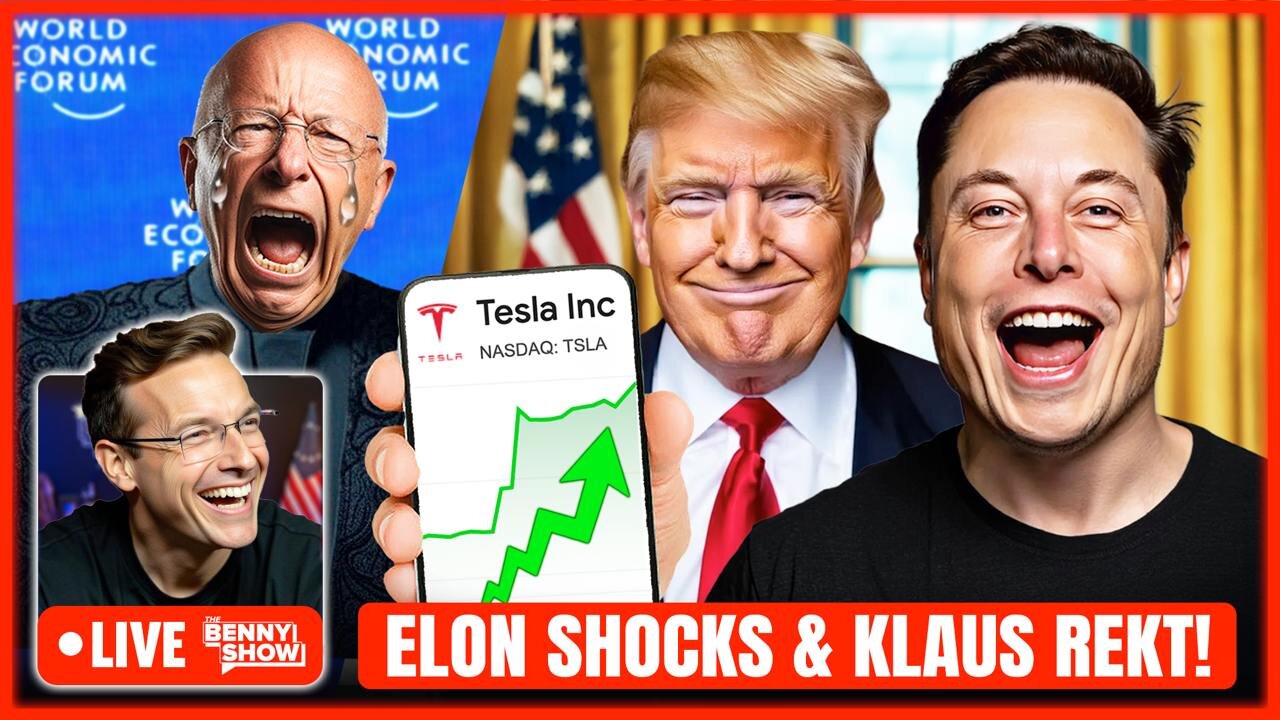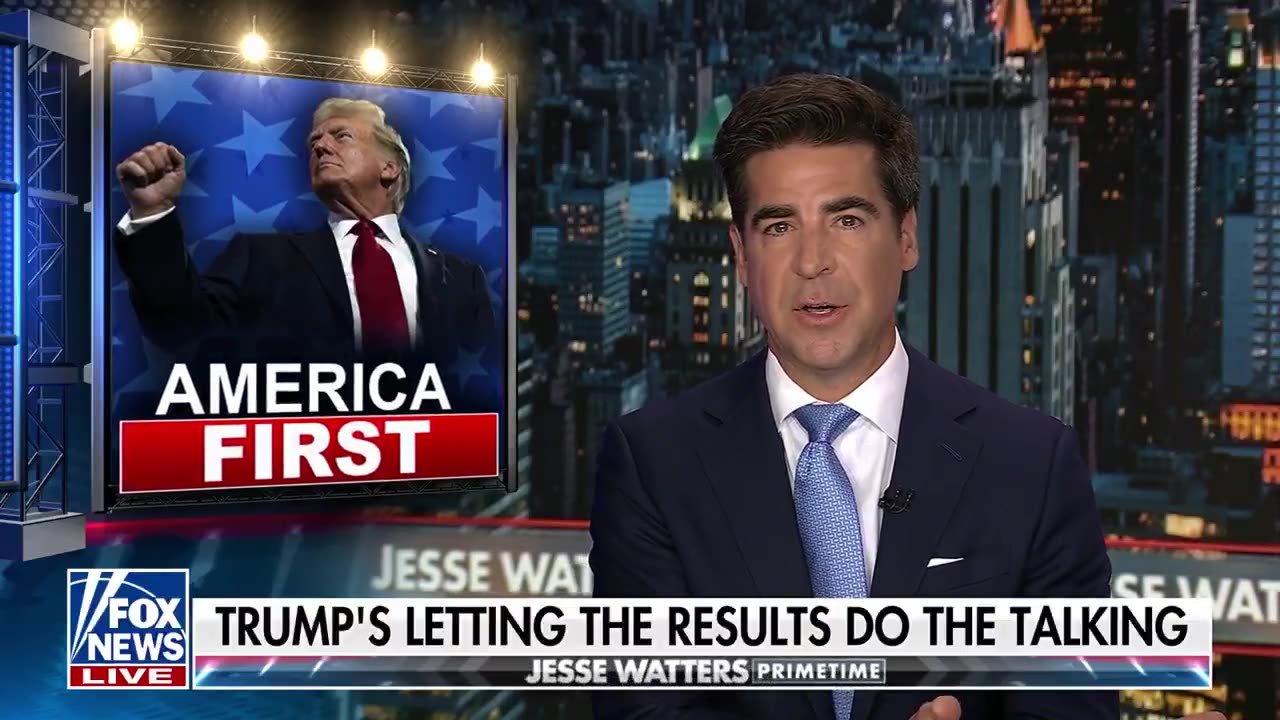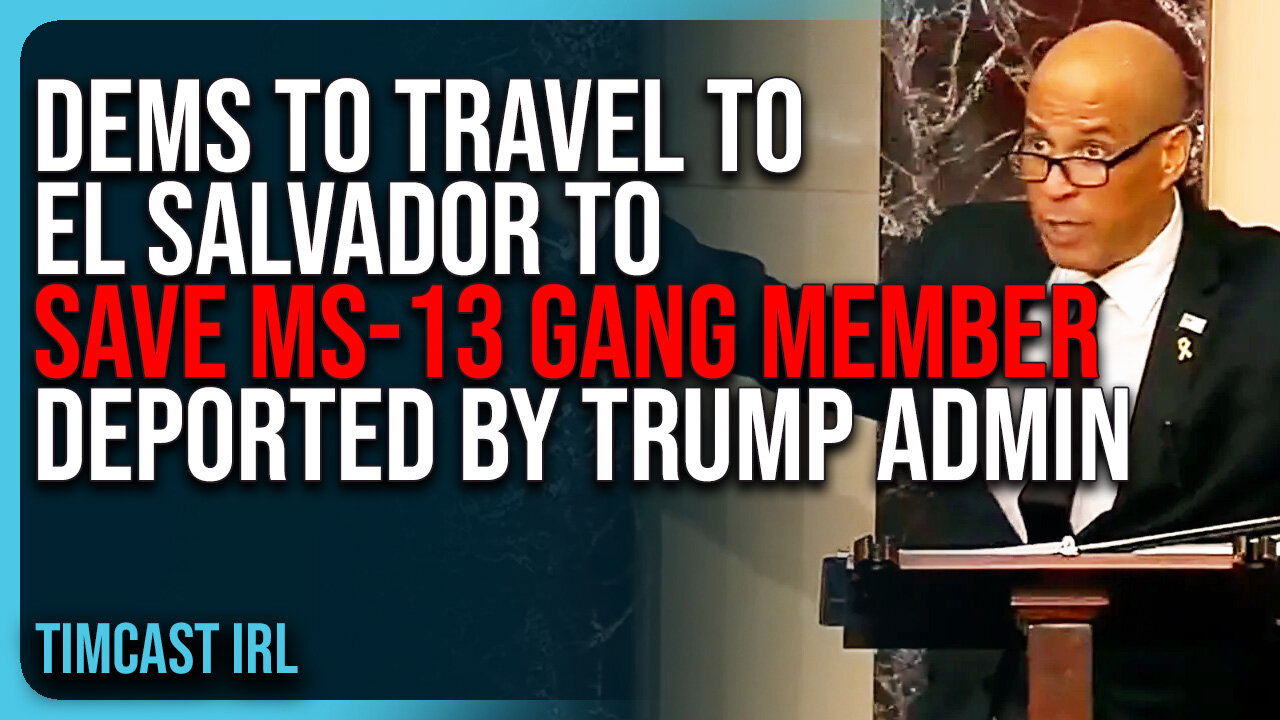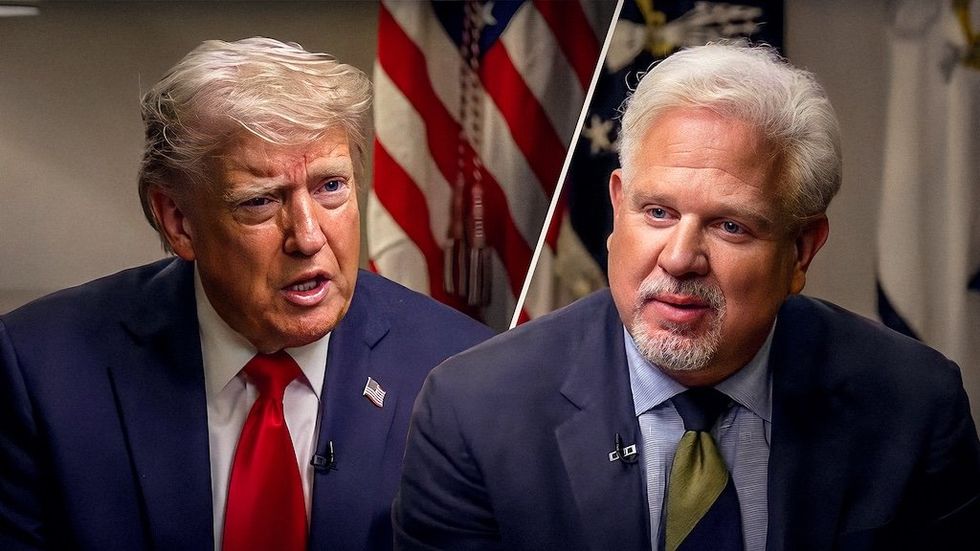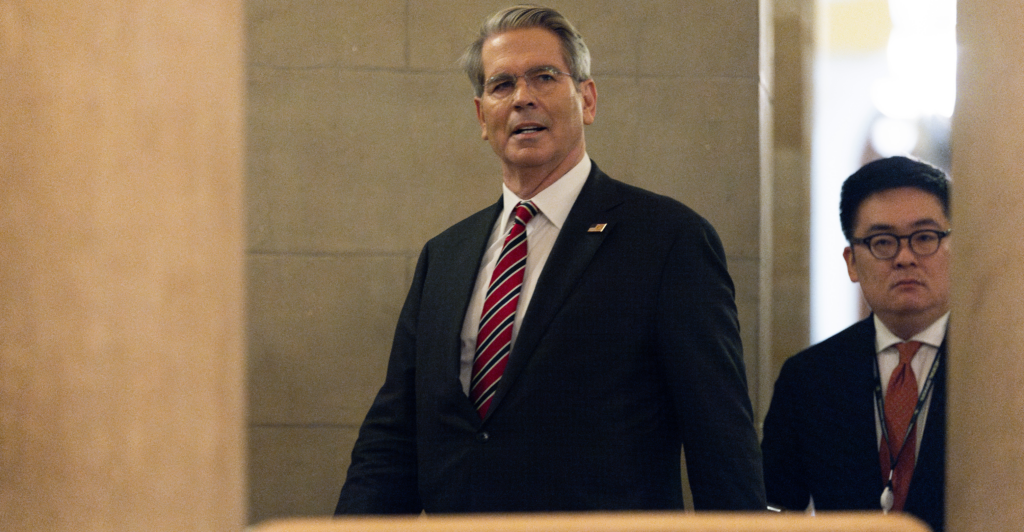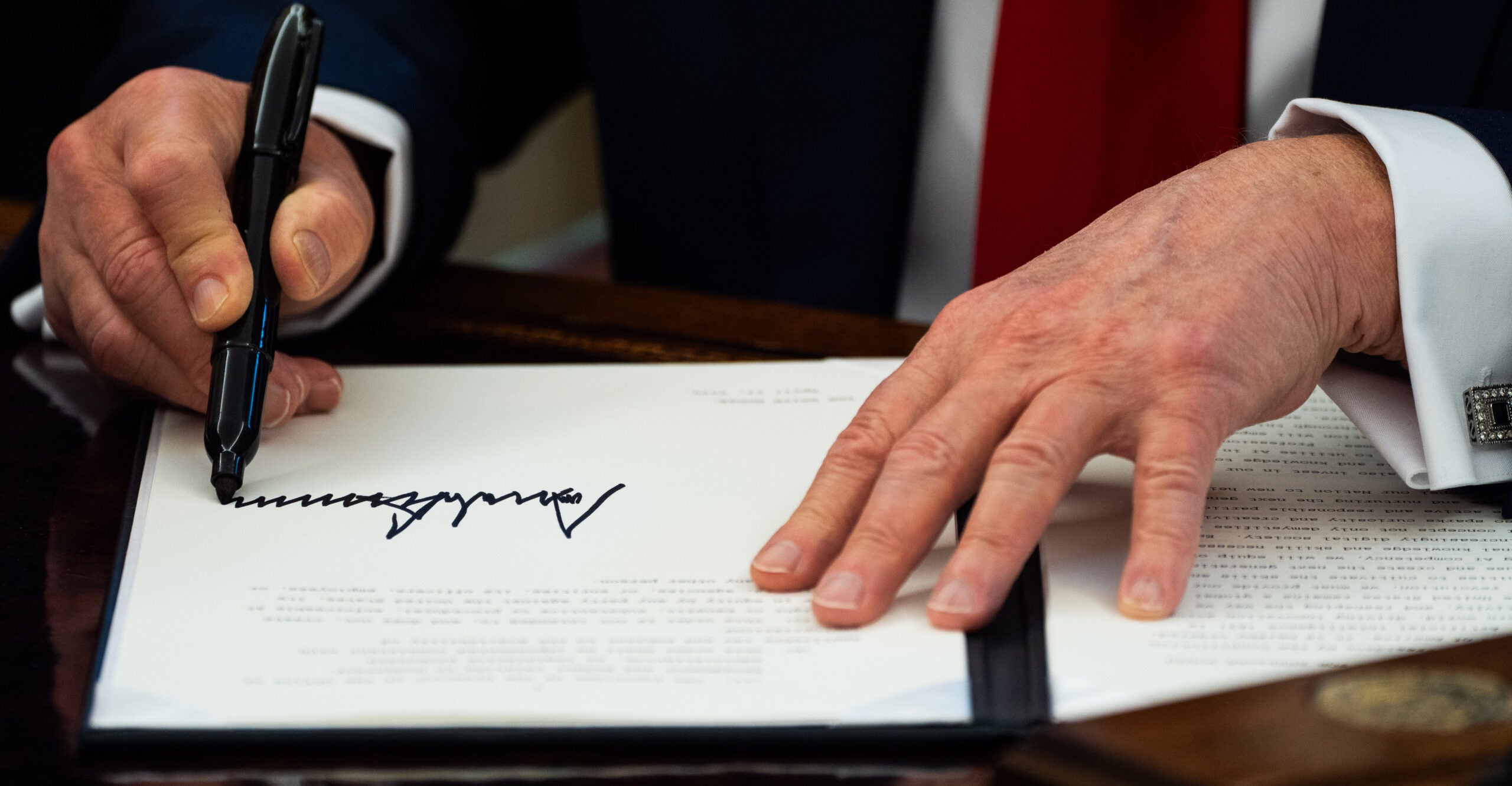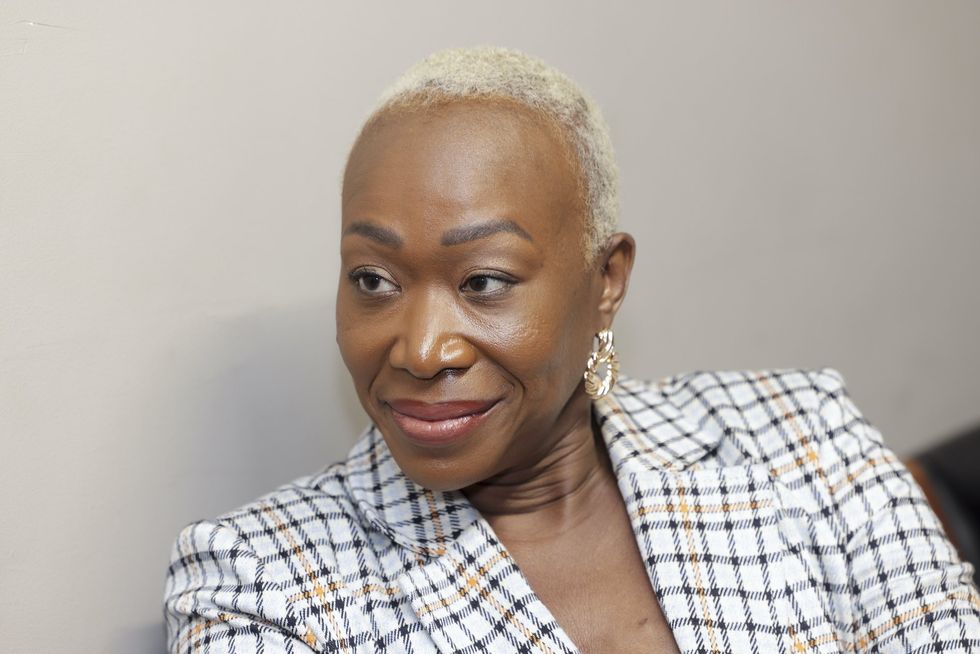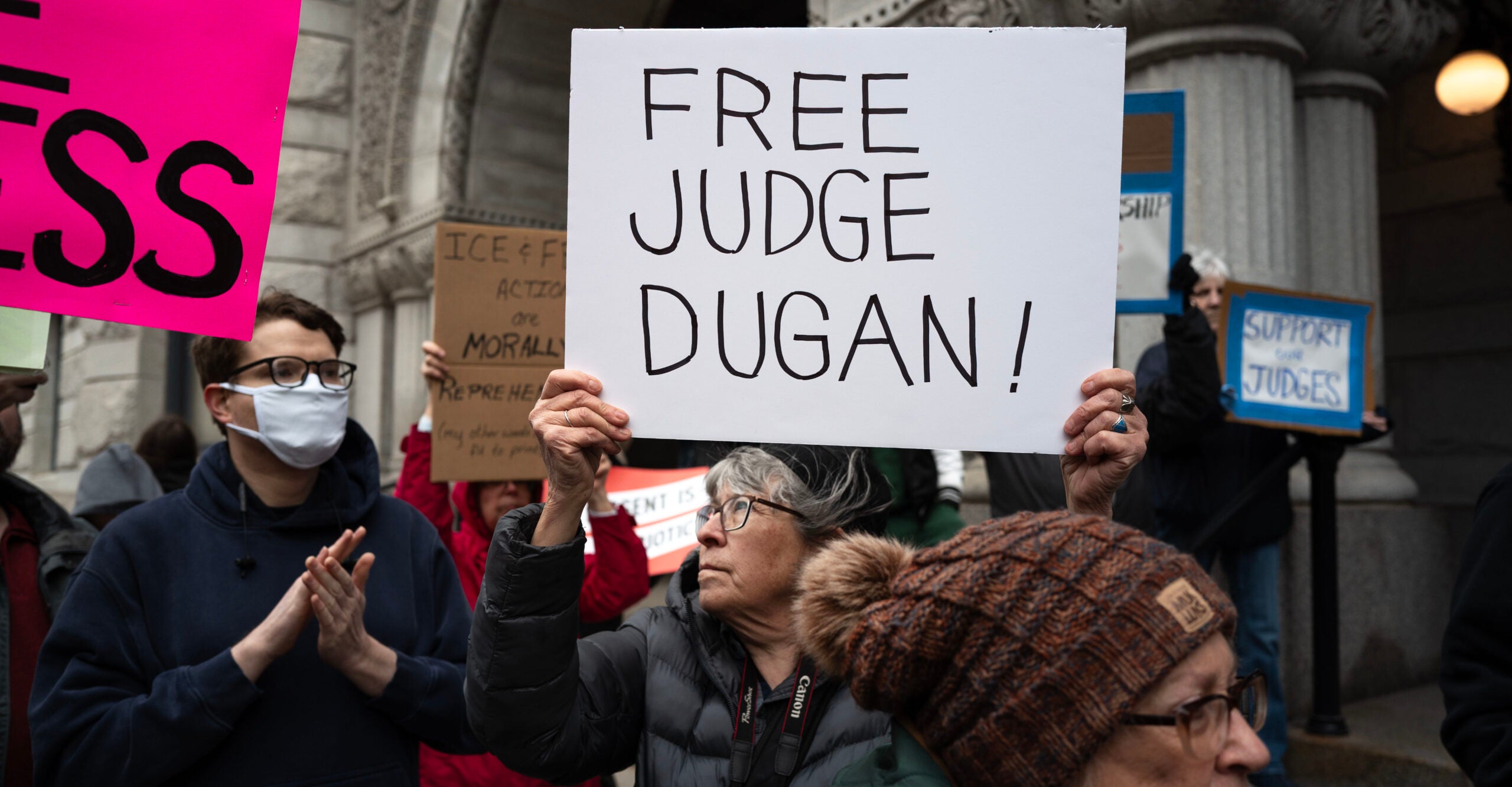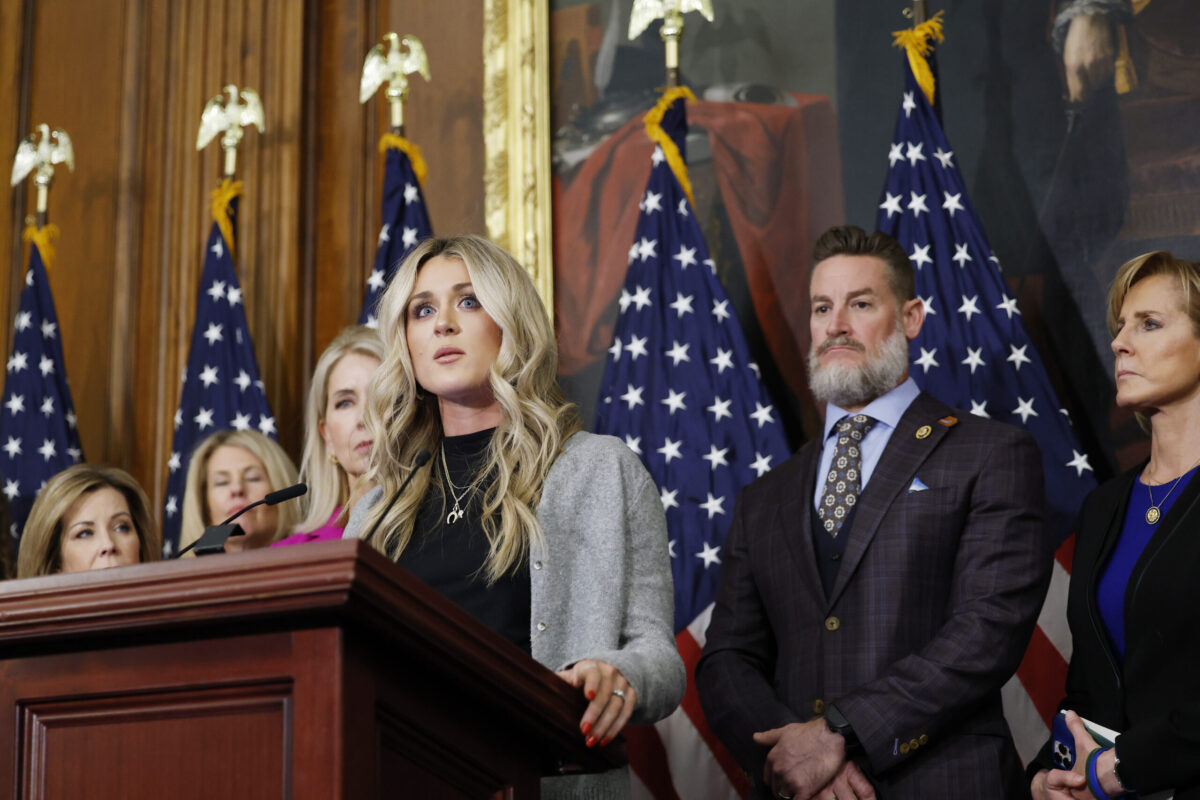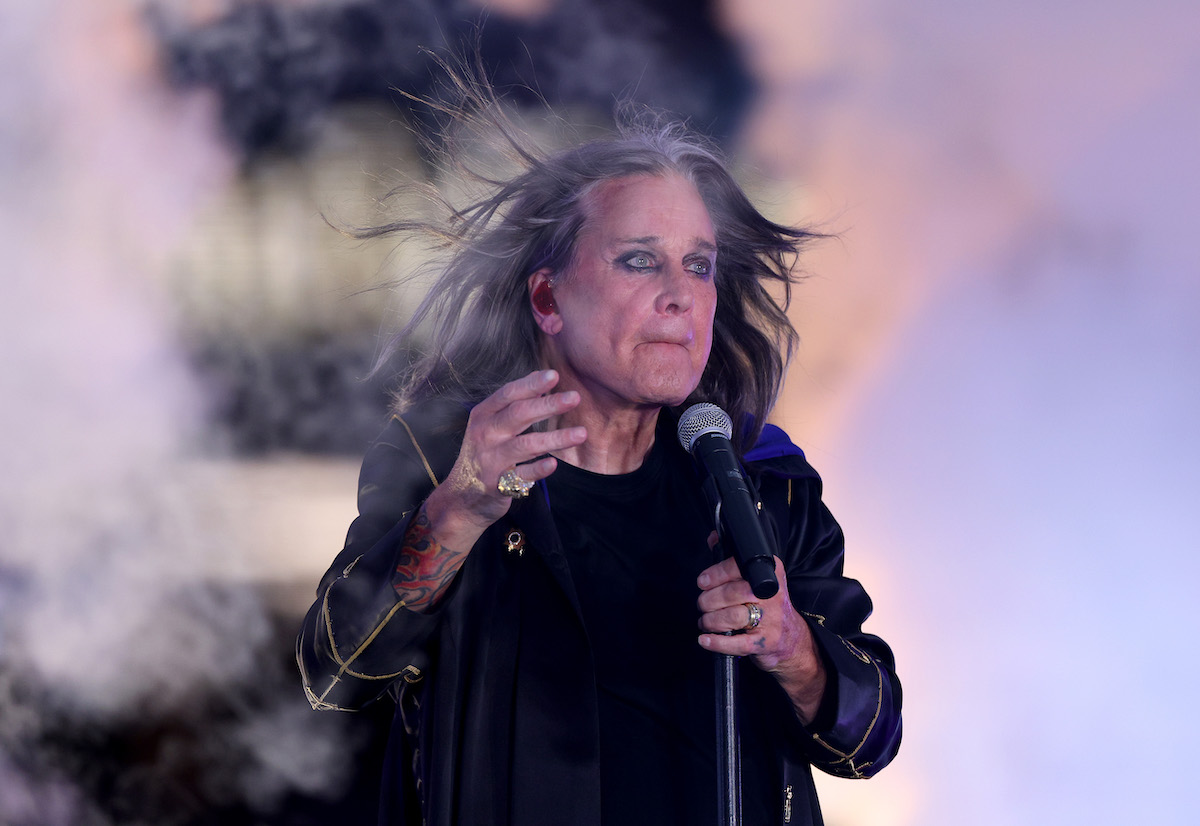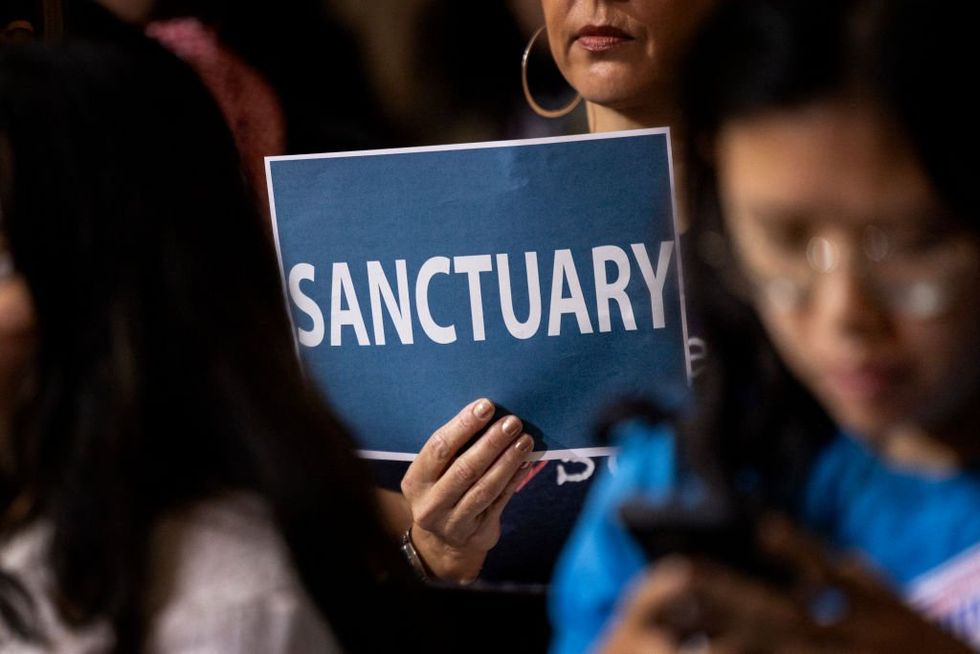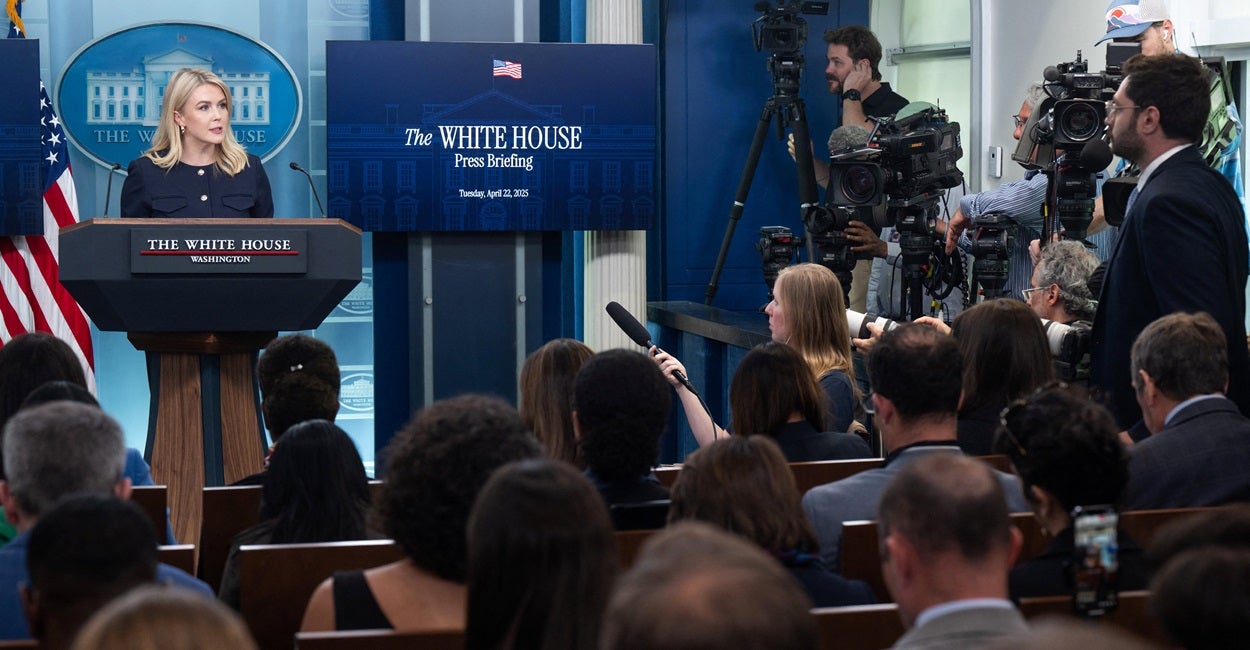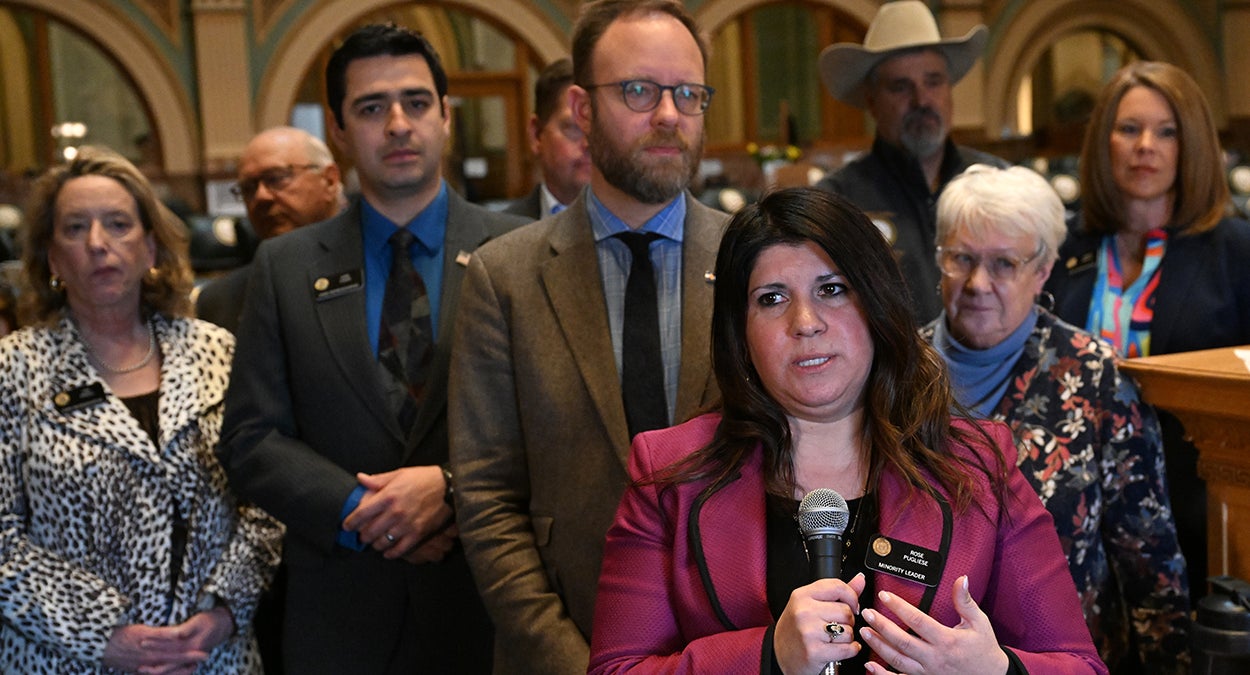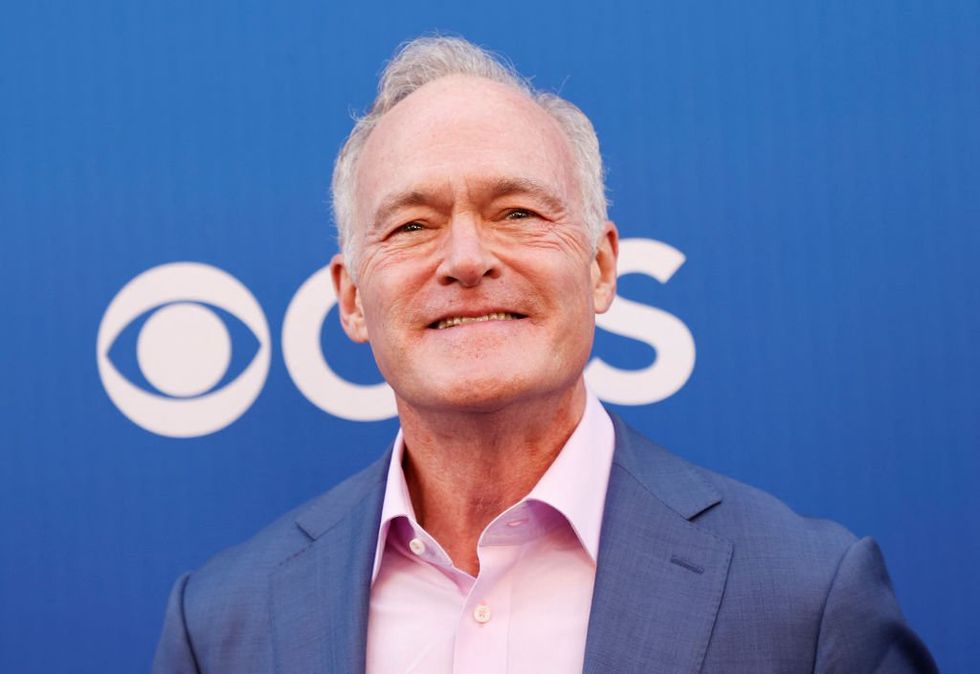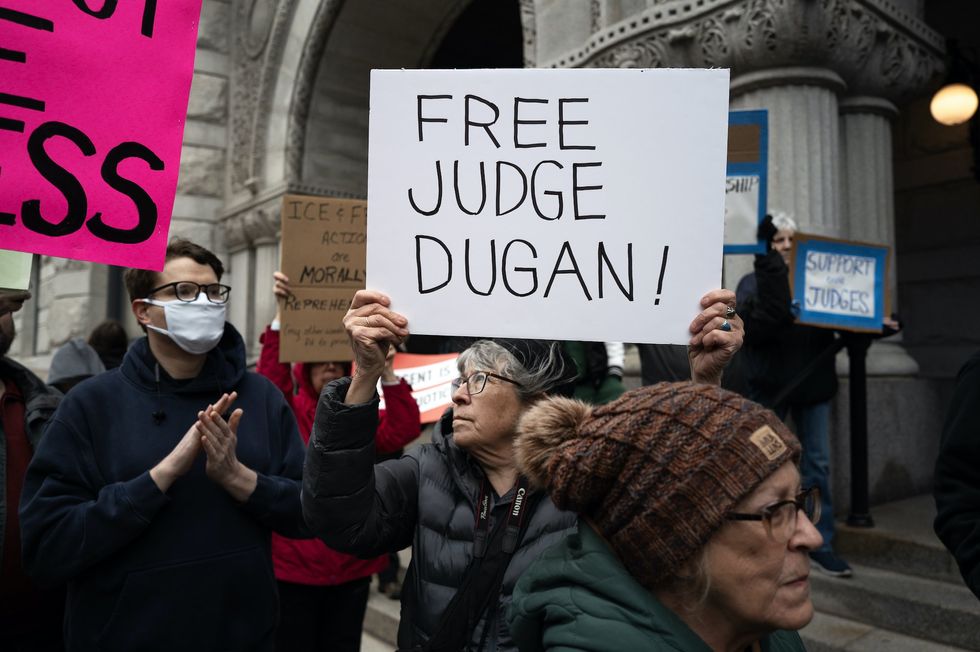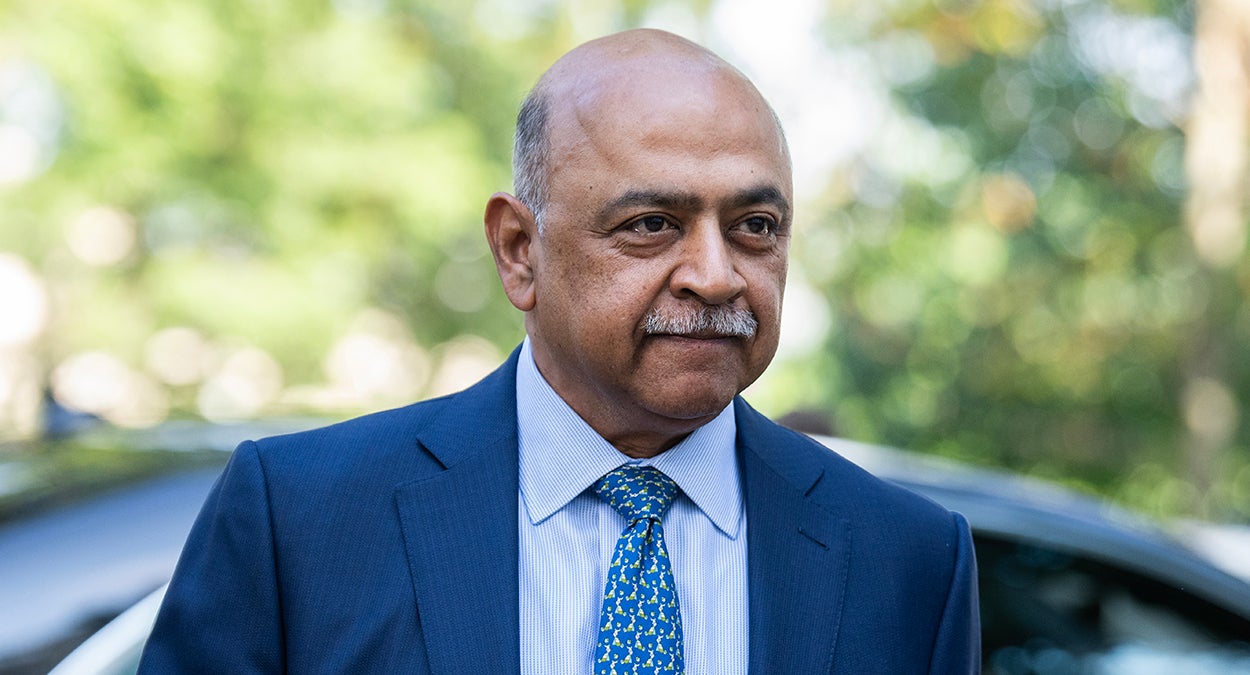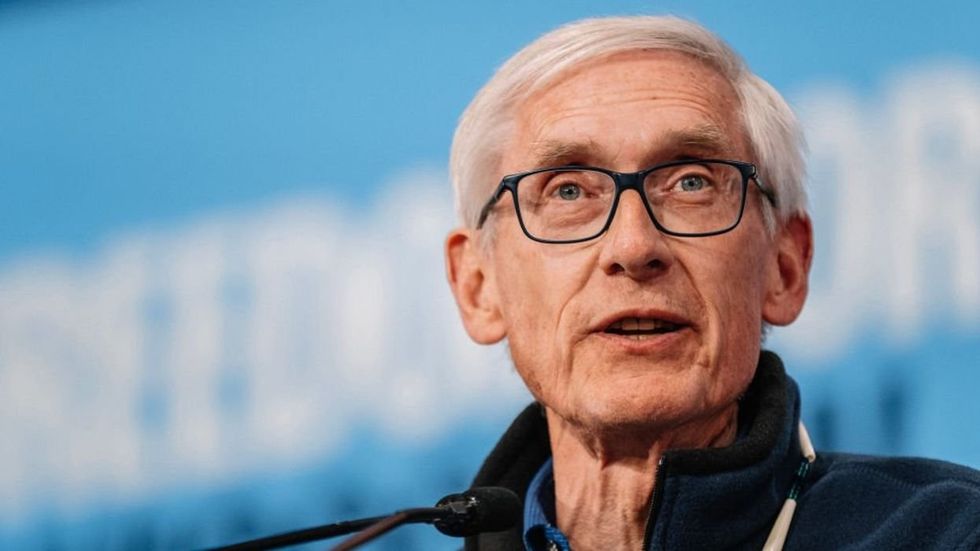'Privatized sanctions regime': Andreessen's take on America's corruption


Has America been morphing into an economically fascist country? Marc Andreessen suggested as much in a recent interview on “The Joe Rogan Experience.” Andreessen, billionaire, software engineer, and co-creator of the first widely used Internet browser, Mosaic, offered a unique inside look into navigating the inner workings of Silicon Valley.
Andreessen and Rogan discussed a wide variety of topics, ranging from the Democratic response to Trump’s re-election to Chinese drones, but the conversation always centered around one theme: The public and private spheres are in bed with each other. This “cooperation,” Marc Andreessen argues, is the source of many of our corruption problems, which are far from over despite some hope for “positive change” with Trump returning to office in January.
The combination of these levers of power amounts to a 'privatized sanctions regime that lets bureaucrats do to American citizens the same thing we do to Iran.'
Rogan and Andreessen talked about the state of the Democratic Party. Andreessen, a lifelong Democrat turned Trump voter, said that a “civil war” has begun within the ranks of the Democrats: “This time, it’s undeniable that the path they are on is not working. ... The smart Democrats know this is not a viable path. ... [They] have to reorient back to common sense, back to the sensible, the moderate.” He also acknowledged the possibility that they may simply “go off the cliff” if they don’t manage to turn things around as he hopes they will.
In a viral moment, Rogan said, “They’re scrambling to create their own version of this show. This keeps coming up, like, we need our own Joe Rogan — but they had me!” Harris failed to appear on "The Joe Rogan Experience" despite Rogan’s willingness to speak to her. Rogan endorsed Donald Trump very late in the election cycle during Trump’s appearance on the podcast days before the election, but he had been supportive of the Democrats prior to that. In a sense, the extremity of the Democrats in recent months and years finally pushed him away — into Trump’s camp.
Speaking of extremity, Andreessen added this insight into the nature of the woke, which he compares to traditional religions: “The big difference between woke and traditional religions is that woke has no concept of redemption, no concept of forgiveness. You do not want that to be the cornerstone of your religion,” he laughed. He went on to say that woke is “inherently totalitarian because it can permanently destroy people.”
America is at a crossroads, which will require a major fiat from our leaders if we want to see any positive change in the structure of our government and society. Andreessen brought up an idea from the Roman orator Cicero, who famously complained that the best and richest men in society were secluding themselves from the public, withdrawing into their private villas in the countryside, and “working on their fish ponds.” He drew a parallel between these Roman leaders and the status quo in America with our leaders: “When times get tough, do the people who are in a position to actually make positive change step up or not?” He and Rogan, however, expressed hope that the “coalition” around Trump, including billionaires Elon Musk and Vivek Ramaswamy, are prepared to “go all in” to fix our system.
Fascism in America?
What, exactly, is wrong with our system? Andreessen shined a light on the government corruption that has effectively saddled corporations to “legally” do government's bidding. He explained that this is the basic mechanism, or “sleight of hand,” as he calls it, that makes censorship and de-banking possible: “The First Amendment only applies to the government. ... The government cannot censor American citizens. So if you’re in the government and want to censor American citizens, you fund an outside organization and then you have them [censor Americans]. And that’s what’s been happening.”
The censorship campaigns of the last several years, which have only gotten worse, were conducted by private companies, yet Andreessen suggested that the government was involved in instigating them: “The companies bear a lot of responsibility, and the people in the companies made a lot of bad judgment calls, but the Biden White House was directly exerting censorship pressure on American companies to censor American citizens, which I think is just flatly illegal.” He went on to explain that the companies would likely say that this all happened under “coercion” from the government, which ties into the notion of “soft totalitarianism” that he discussed elsewhere in the interview.
Just as the government censors Americans by proxy, it is also involved in the de-banking of Americans with whom it disagrees. The wording for this regulation is astonishingly blatant: “Under current banking regulations, there’s now a category called a ‘Politically Exposed Person.’ If you’re a PEP, you are required by financial regulators to kick them out of your bank. ... I have not heard of a single instance of a person on the left getting de-banked.”
The logic for de-banking is the same for censorship: “There’s a constitutional amendment that says the government can’t restrict your speech, but there’s no constitutional amendment that says the government can’t de-bank you. They don’t have to de-bank you. They just have to put pressure on the private company banks to do it. Then the government can say they didn’t do it.” This plays well into the distinction that Andreessen drew between hard totalitarianism and soft totalitarianism. Hard totalitarianism would entail a flat violation of the First Amendment by the government itself, while soft totalitarianism involves this “sleight of hand” with private companies that Andreessen described.
Provocatively, Andreessen stated that the combination of these levers of power amounts to a “privatized sanctions regime that lets bureaucrats do to American citizens the same thing we do to Iran.”
Why would a private company allow this type of external control on its operations? “You can either invent the future before it happens to you, but that’s hard to do. You can also go to the government and propose a trade.” The trade involves “voluntarily plac[ing] yourself under the government’s thumb” while the government creates a vast array of regulations that makes it virtually impossible for a startup to function. Andreessen explained that the regulations require a company to hire thousands of lawyers and compliance specialists, which big companies can afford but small competitors and startups cannot. This makes it impossible for new companies to compete with the established large corporations. Thus, he complained that this “intertwining of government and private companies” in multiple sectors of the economy effectively creates a “privatized social credit score” in America.
This trade has two simultaneous consequences: First, the government quickly gains some amount of control over the private sector; second, the number of startups shrinks, and the large companies will ultimately merge together. Big government, big business.
Therefore, Andreessen continued, large private companies have been subjected to or assented to “regulatory capture.” He gave a few examples of this phenomenon, including the adverse effects on the food industry and the drone industry. In the case of the food industry, “One of the reasons why everybody became unhealthy is because the government directly put itself into the food system.” The government has been subsidizing unhealthy food products for decades, with no sign of changing its practices: “We’re living with these horrible downstream consequences, and unless somebody steps in with a hammer, none of this is going to change.”
Drone troubles
Likewise, the government has regulated the U.S. drone industry to the ground: “The FAA killed the U.S. drone industry.” Andreessen explains the details of these regulations in more detail in the interview, but essentially, compliance with current regulations either makes it impossible for drone manufacturers to sell to a broad enough customer base or it makes the drones practically useless. Consequently, the market has largely shifted to China, yet this poses another problem: “Every Chinese drone is both a potential surveillance platform and a potential weapon.”
This brought the conversation more broadly to China and invited a consideration of our relationship to China. Should we become more like China or more like ourselves in order to beat our rival of the 21st century? “You’d rather be a CEO in the U.S. rather than in China, for sure, as long as the U.S. system actually stays open. ... That’s why [the Biden] administration freaked us out so much since it seemed like they were trying to become much more like China.”
After hearing about this tangled, corrupt, potentially fascist mess, who could disagree with Andreessen when he says, “It’s time to carve the government back in size and scope”?
The only way out is through. Andreessen recounted some alarming meetings he had in the spring, presumably of 2024, with government officials. They were about the future plans for the regulatory capture of the budding AI industry, which the government doesn’t want to crush but control: “The AI thing was very alarming. We had meetings in the spring that were the most alarming meetings I’ve ever been in, where they were taking us through their plans ... full government control. ... There will be a small number of large companies that will be regulated and controlled by the government. ... They told us, don't even start startups. ... There’s no way we’re going to permit that to happen.”
Joe Rogan asked, “When you leave a meeting like that, what do you do?” Andreessen immediately replied, laughing, “You go endorse Donald Trump.”
Originally Published at Daily Wire, Daily Signal, or The Blaze
What's Your Reaction?
 Like
0
Like
0
 Dislike
0
Dislike
0
 Love
0
Love
0
 Funny
0
Funny
0
 Angry
0
Angry
0
 Sad
0
Sad
0
 Wow
0
Wow
0

